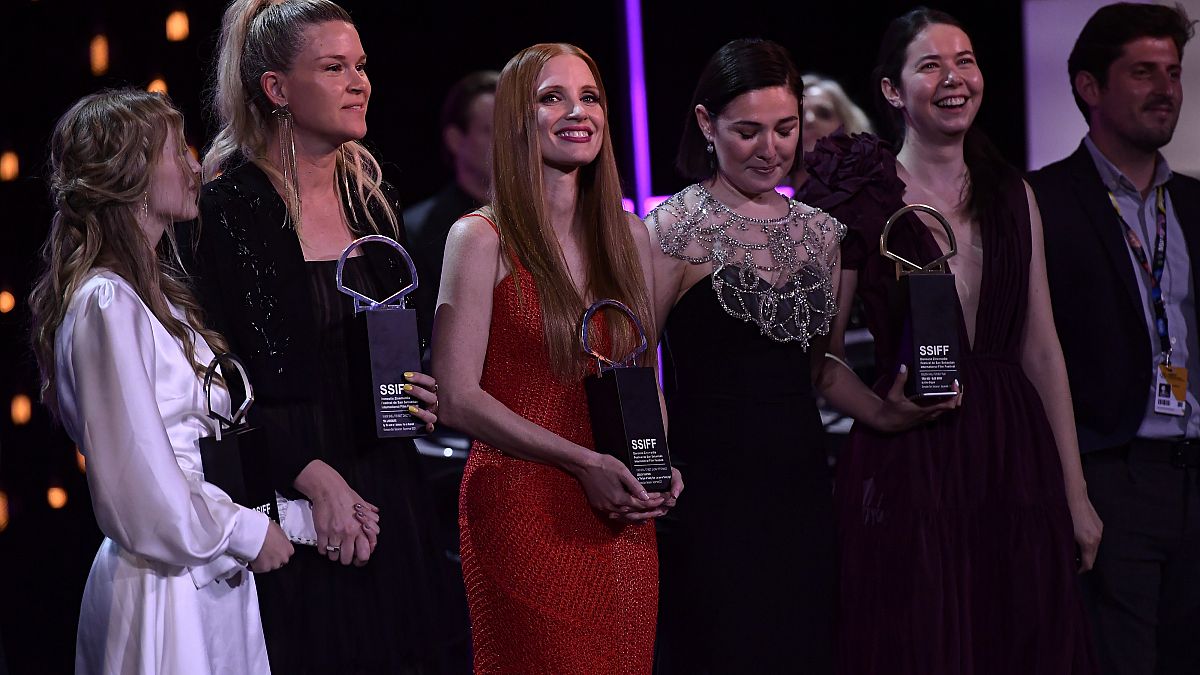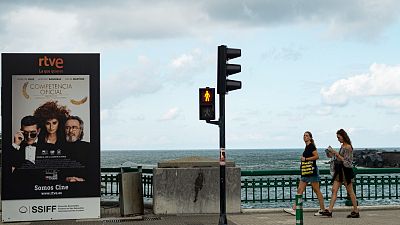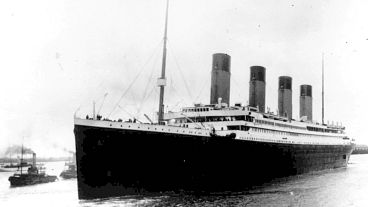San Sebastián International Film Festival closed its 69th edition Saturday with Romanian director Alina Grigore’s first film 'Blue Moon' taking the top prize.
San Sebastián International Film Festival closed its 69th edition Saturday with Romanian director Alina Grigore’s first film 'Blue Moon' taking the top prize.
The film festival has definitely proven that it is now a major event for European and world cinema, with another woman winning the top award, as in Cannes and Venice.
"This award represents the courage of a team of artists to express in a different kind of way the feminine creativity and creativity in general," Grigore said.
Her raw and challenging debut film was the surprise winner of the Golden Shell, even after it was by no means a press and audience favourite for any award.
'Blue Moon' follows the story of young Irina who dreams to receive higher education at the University of Bucharest while her dysfunctional family serves to undermine her future.
An ambiguous sexual experience with an artist spurs her to fight back against her family's violence.
Spanish cinema also shone in San Sebastián with Madrid-based Jonás Trueba's three-hour-plus docufiction 'Quién lo impide' ('Who's Stopping Us') winning the Best Supporting Performance award and the FIPRESCI International Press Award, which went to the full cast of 200 secondary-school students.
"We want to say that we are very pleased that you are giving us this award because you are not rewarding us playing fictional characters, but us imagining ourselves as fictional characters speaking our truth and talking about things that we think are important to be heard," declared actress Candela Recio.
The docufiction is a cinematic experience before and during coronavirus times, filming the aspirations and fears of Spanish youth.
Icíar Bollaín's drama film Maixabel also won the Izicar Award for Best Basque Film, another win for Spanish cinema. The film looks back at the dark days of the ETA through the story of Maixabel Lasa who meets her husband's killer eleven years later.



